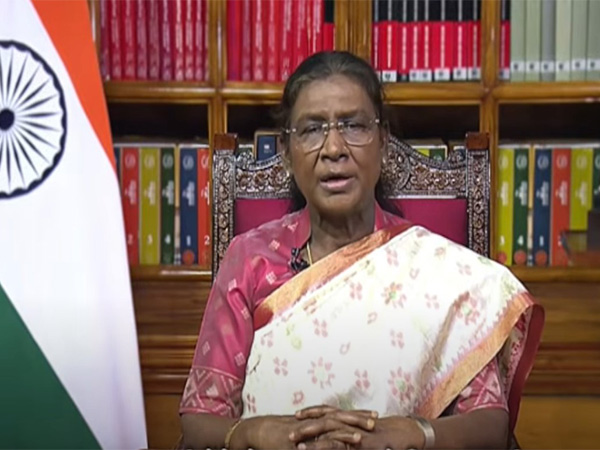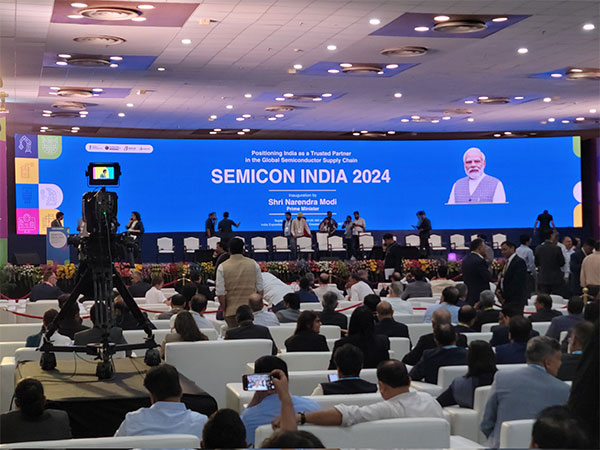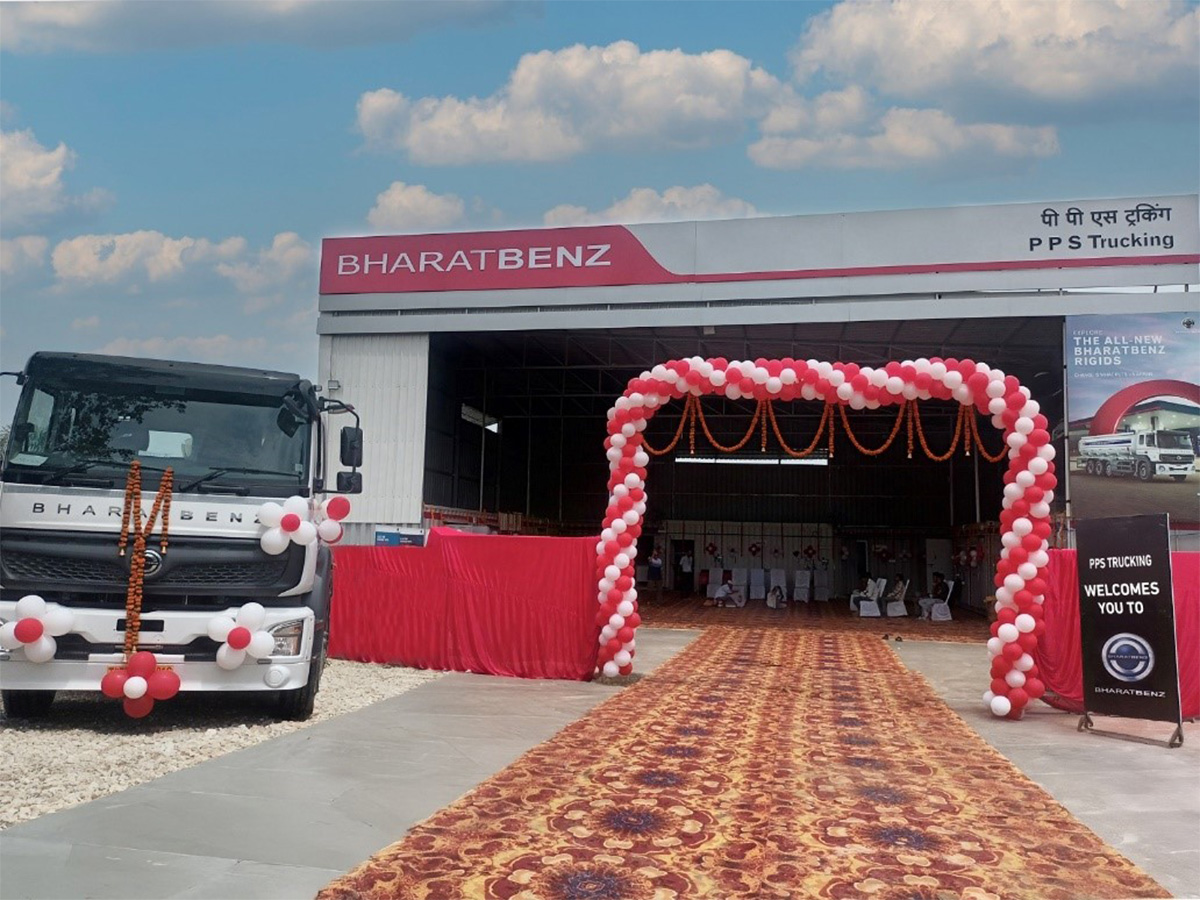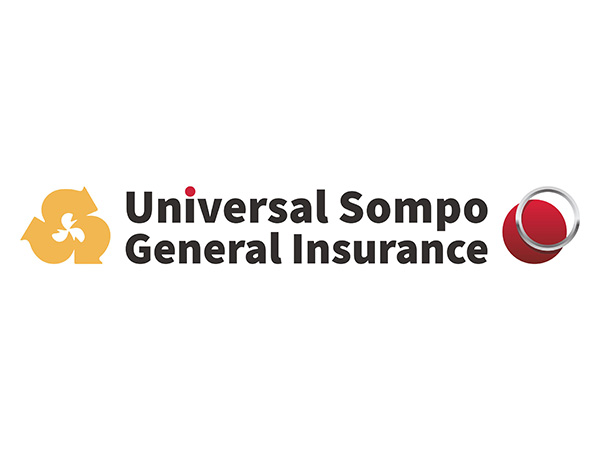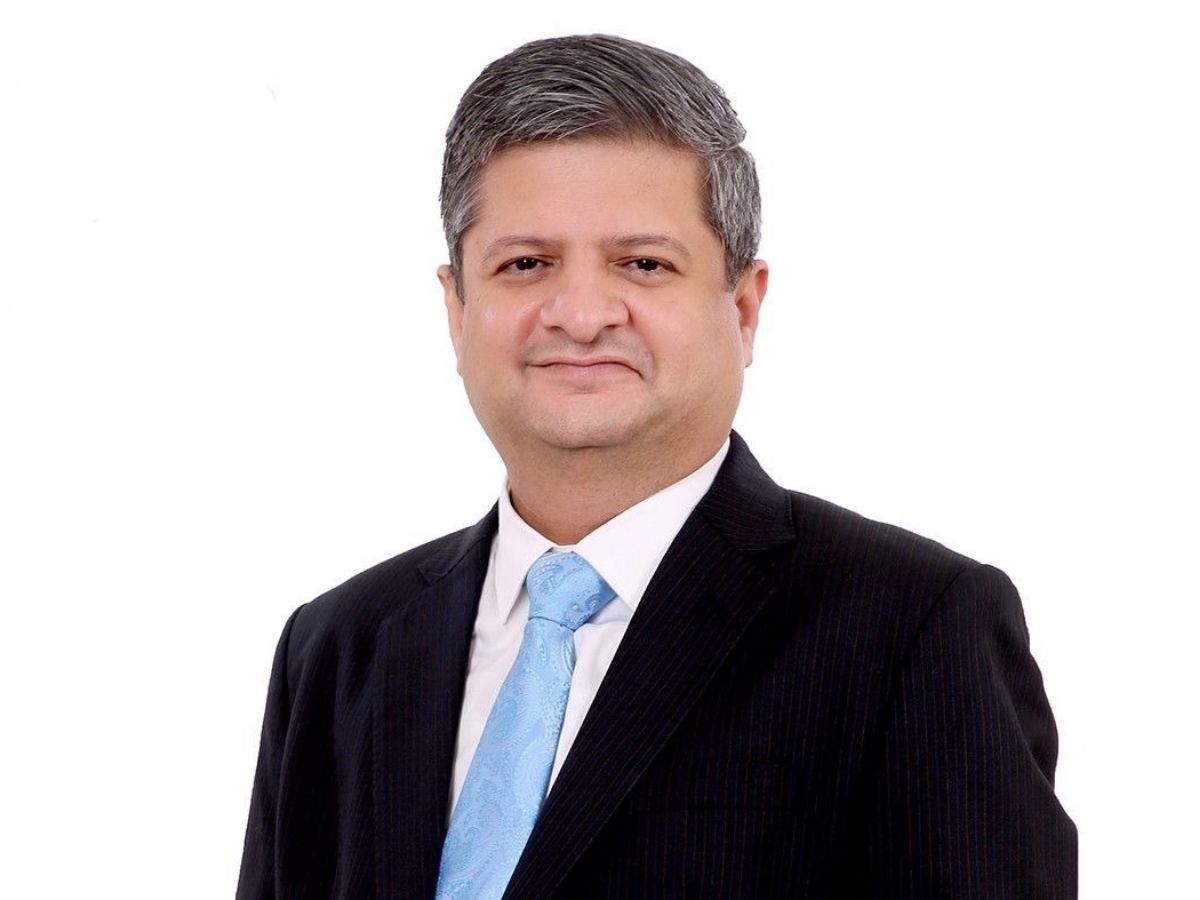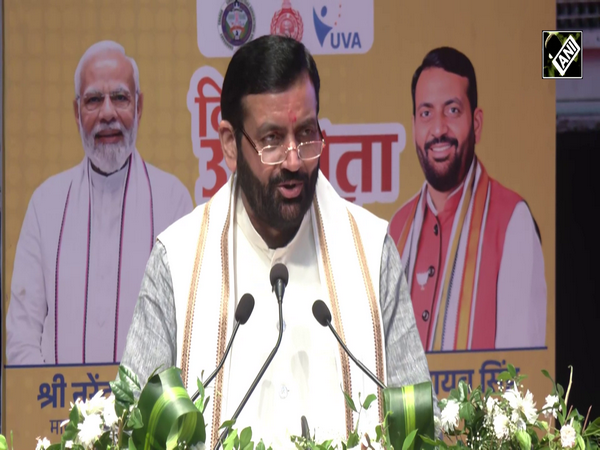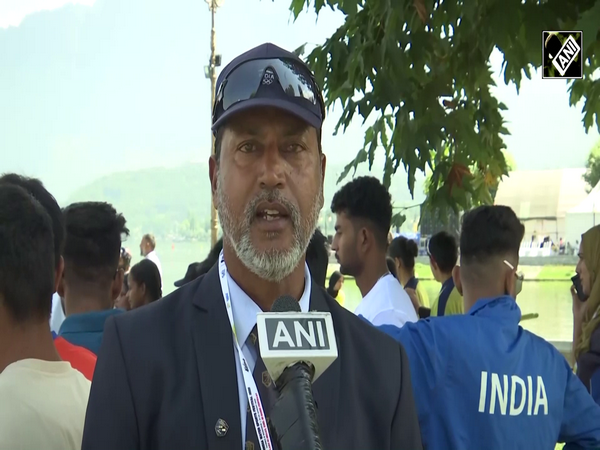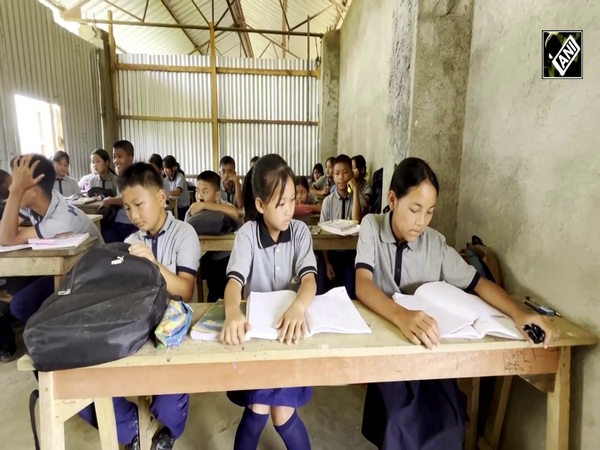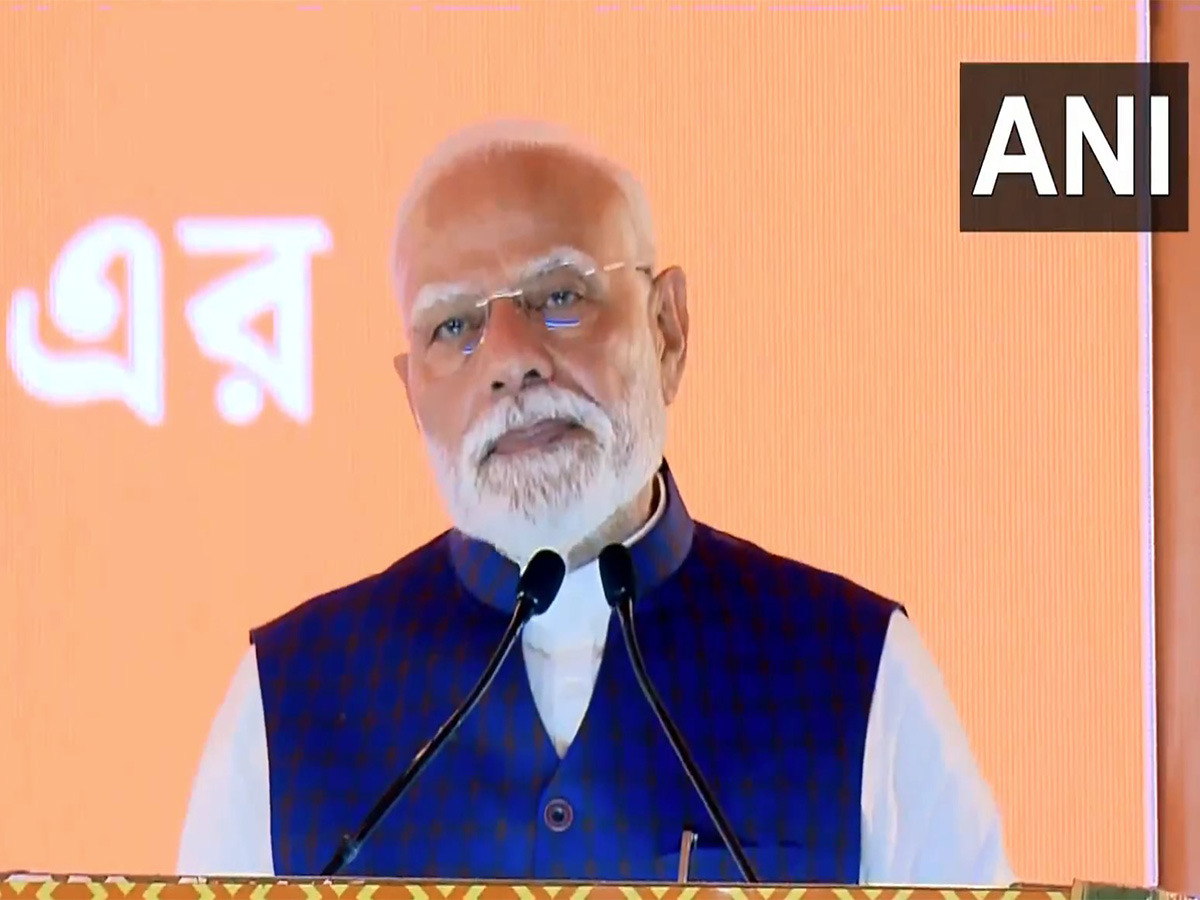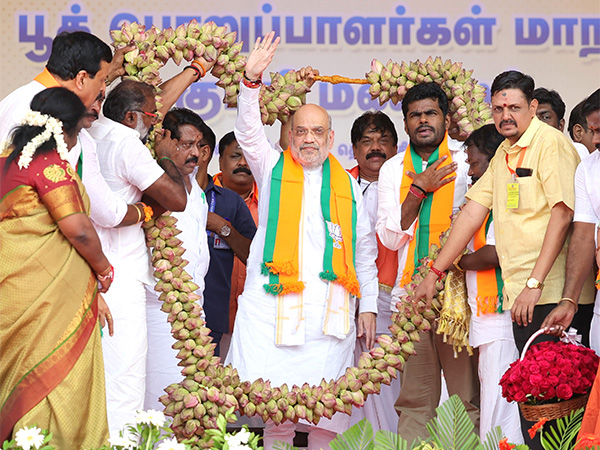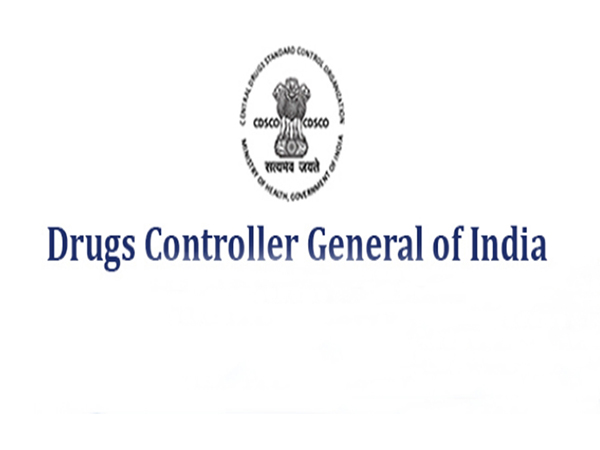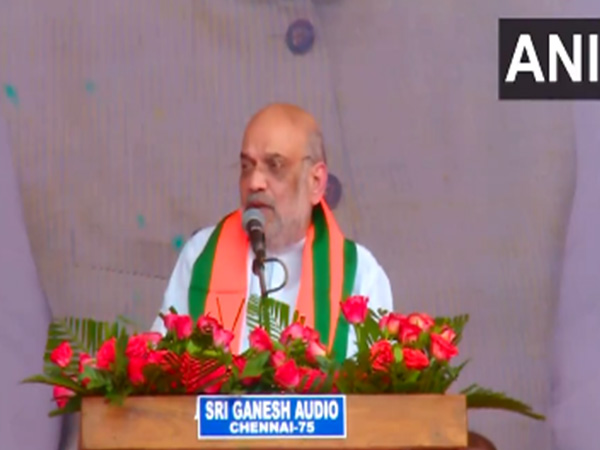
79% of Indians unsure if their insurance policy offers adequate coverage: Survey
Jun 25, 2025
New Delhi [India], June 25 : There is a significant gap in insurance awareness among Indian policyholders, with 79 per cent unsure if their policies provide adequate coverage. This uncertainty suggested a widespread risk of underinsurance, leaving many financially vulnerable despite having insurance coverage, as noted by a survey by the insurance advisory app CoverSure.
Additionally, the survey reveals that about 71 per cent of respondents hold between two and five active insurance policies, with life insurance being the most common at 63 per cent, followed by health insurance at 24 per cent and motor insurance at 13 per cent.
However, despite owning these policies, 65 per cent of policyholders admitted they have limited or no understanding of key policy details, including benefits, exclusions, and claims processes. Only 35 per cent claim to fully understand the benefits and terms of their policies.
"If policyholders don't know what's covered or how to use it, the very purpose of insurance is defeated. While ownership is growing, true financial protection comes only when policyholders and their families are sure of their insurance," said Saurabh Vijayvergia, Founder & CEO, CoverSure.
The lack of understanding extended to families, with 60 per cent of dependents unaware they are covered under any policy. Furthermore, only one in ten dependents can accurately describe their coverage or benefits. This lack of awareness often leads to missed claim submissions, claim rejections, or ineffective policy utilisation.
Policyholders also rely on fragmented methods to manage their insurance documents. About 29 per cent use physical files, 26 per cent maintain spreadsheets, 24 per cent depend on SMS alerts, and 21 per cent store documents in digital folders. These disjointed approaches make it difficult to retrieve critical information when needed, potentially complicating claims and policy renewals.
Regarding insurance support, 36 per cent of respondents prefer human advisors, while 26 per cent are open to digital assistance. Surprisingly, 38 per cent believe they need no help, despite most lacking clarity about their policies, indicating a gap between perceived and actual insurance literacy.




